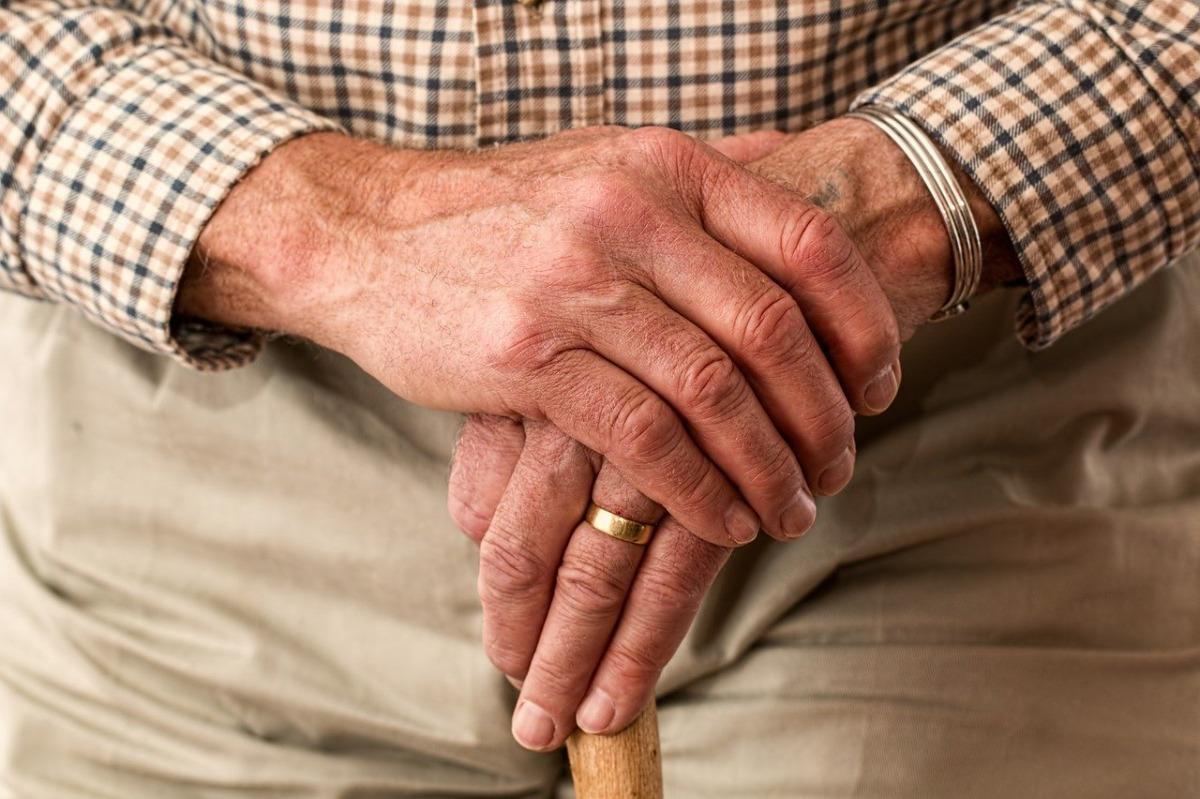
Over 1.3 million people currently live in nursing homes, according to the U.S. Centers for Disease Control (CDC). With an aging "baby boomer" population, this number is bound to grow. Sadly, an increased nursing home population equates to an increase in nursing home abuse and neglect.
It's crucial for family members and friends to understand the warning signs of nursing home abuse and neglect. As nursing home employees are frequently the perpetrators of this abuse, the responsibility of recognizing and reporting the incidents of abuse and neglect typically falls on family members or friends. If you suspect someone you love is a victim, contact an experienced nursing home abuse attorney as soon as possible.
Nursing Home Abuse and Neglect: A Common Problem
Unfortunately, the problem of nursing home abuse and neglect might be more common than most people think. Studies used by the National Center on Elder Abuse (NCEA) reveal that 10 percent of all nursing home residents have experienced some form of abuse in the last year. To make matters even more concerning, this information, along with other studies examined by the NCEA, indicates that only a small portion of nursing home abuse incidents are ever reported.
Nursing home residents may experience many types of abuse or injury, including:
Physical abuse
Sexual abuse
Emotional abuse
Neglect or abandonment
Financial exploitation
Healthcare fraud
Signs to Be Aware Of
If you have a family member or a friend who resides in long-term care or an assisted living facility, you should be aware of and on the lookout for the following common signs of abuse and neglect. However, the warning signs can vary from one person to the next and from one situation to the next. Warning signs may not be typical or what you would expect for a particular situation. Both the Administration on Aging (AOA) and the National Institute on Aging advise looking for the following changes that may indicate abuse or injury.
Signs of Physical, Emotional, or Sexual Abuse
New injuries or physical conditions with no adequate explanation, for example, broken bones, sprained joints, and bruises or burns
Sudden changes in behavior
Withdrawal from social situations and activities
A caregiver refuses to allow family or friends access to see or talk to the individual
A caregiver who is verbally uncaring, demeaning, or aggressive
A new diagnosis of an unexplained sexually transmitted disease
Bruising, swelling, or other signs of trauma around the genitals
Signs of Neglect
A lack of personal hygiene
An unexpectedly dirty living space
Frequently soiled clothing or bedding
Bedsores or ulcers
Signs of Financial Exploitation or Healthcare Fraud
The inability to explain personal financial transactions
Giving excessive and unexpected gifts to non-family members
Unexpected or seemingly unnecessary medical treatments or equipment
Billing insurers or medical providers for health care services that were never provided
Contact Salam & Associates for a Free Consultation
If you notice any of these signs or have a gut feeling that something isn't right with a nursing home resident, the time to act is now. When you reach out to a knowledgeable Nursing home abuse attorney, they can help you take the necessary steps to get your loved one to safety and hold the appropriate individuals accountable for their actions. Contact us online at www.salampc.com or [email protected] to schedule a free nursing home abuse case review today.
